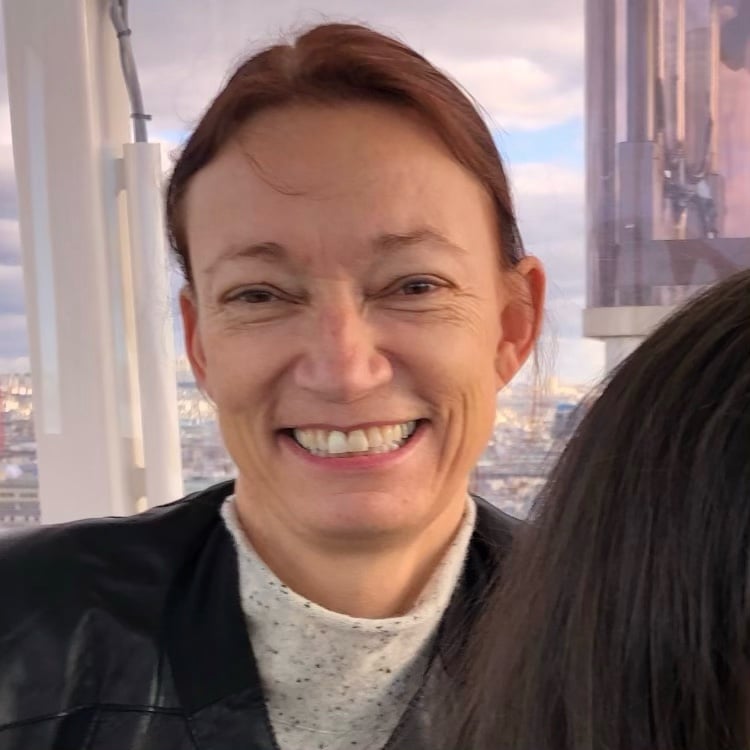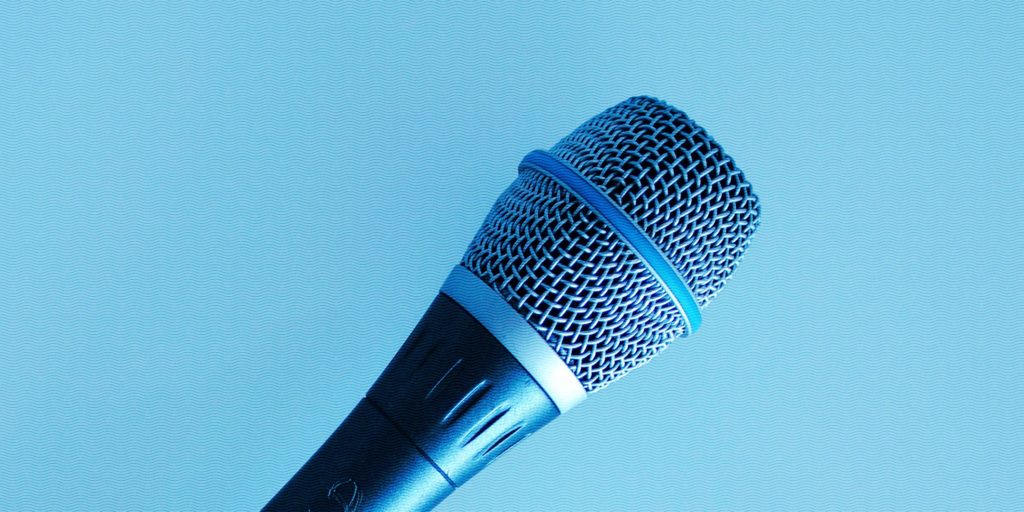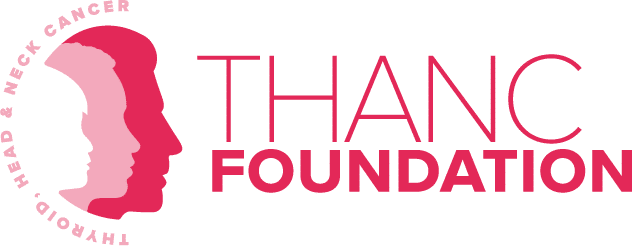
My cancer was first detected 13 years ago. I went in to get my annual physical check-up, which I try to do at least every other year. My primary care physician performed a physical exam and told me he felt something after rubbing my neck. He sent me to an ear, nose and throat specialist (ENT) to have it looked at. The ENT examined me and said that she did not see anything problematic and told me not to worry.
I returned to my primary care physician for another physical the following year. My doctor felt my neck again and was worried that the lump he’d initially felt a year ago was still there and had grown. He sent me to a different ENT who recommended I get a biopsy. The biopsy came back inconclusive, but it showed multiple follicular lesions on my thyroid gland. The doctor and I then had a decision to make: do we remove only the lobe with the large nodule, or do we take out the whole thyroid? The presence of the follicular lesions and the risk of metastasis shaped my decision to remove the entire thyroid. My children were still young so I wanted to do whatever to minimize a bad outcome.
My doctor felt my neck again and was worried that the lump he’d initially felt a year ago was still there and had grown.
Shortly thereafter, I underwent surgery to have my entire thyroid taken out. The tumor turned out to be papillary thyroid cancer. This information, along with the tumor’s small size and the fact that it hadn’t spread to my lymph nodes, allowed me to forgo radiation. This may not have been possible if my primary care physician had not felt the tumor in the first place.
I’m a sharer—I like talking to people. Throughout my journey with thyroid cancer, I let people know what was going on, and I think that was really helpful. When you share, you find out that you’re not alone. I found out that three of my friends had also suffered from thyroid cancer. Additionally, at the time of my diagnosis, I was seeing a marriage counselor who turned out to also counsel cancer survivors. He talked about the mind-body connection and how important it is to take sufficient time to heal after undergoing cancer surgery. The best advice he gave me was this: “whatever time you think you need to heal, double that at least.” From his experiences speaking to other patients, he has found that the ones who practiced self-care and gave themselves more time to heal, heal better.
I’m very grateful that my story turned out so well and I’m hopeful that sharing my story will help others have positive outcomes, too.
I come from a place of gratitude knowing that I had great doctors and friends around me for support throughout my cancer journey. I don’t take it for granted that I am healthy and that I am okay. There’s nothing to be ashamed of about having cancer, but it isn’t necessarily the first thing people talk about when you meet them. I think it’s important to build awareness and be open about our experiences. I’m very grateful that my story turned out so well and I’m hopeful that sharing my story will help others have positive outcomes, too.

Will You Share Your Journey?
April is Oral Cancer Awareness Month. As part of that theme, we post stories written by oral cancer survivors, caregivers and medical professionals for our 30 Stories in 30 Days™ campaign. The insights they share can help others along their journey.


